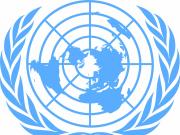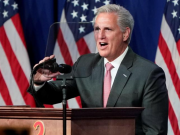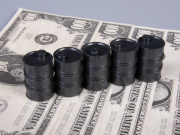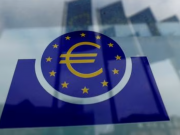The Russian central bank increased benchmark interest rates by 3.5 percent on Tuesday, bringing the key rate to 12 percent. The emergency step was taken amid the slide in the ruble in recent days, which took the Russian currency to the lowest point in 17 months.
After an extraordinary meeting of the bank's board of directors, the central bank said the decision was taken to 'limit risks to price stability'. "Inflationary pressure is building up ...The pass-through of the rouble's depreciation to prices is gaining momentum and inflation expectations are on the rise," the bank said in a statement.
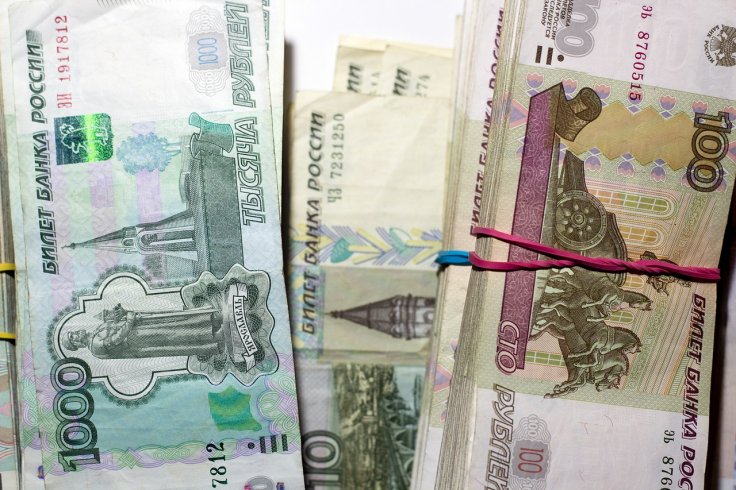
Interestingly, the Russian central bank's decision to raise the rates came after a ranking Kremlin adviser criticized the bank for ruble's decline. "The main source of ruble weakening and accelerating inflation is soft monetary policy... The central bank has all the tools to normalize the situation in the near future and ensure that lending rates are reduced to sustainable levels," Maxim Oreshkin, who advises President Vladimir Putin, said on Monday.
Ruble, which plunged past the psychologically key level of 100 against the dollar on Monday, rose after the central bank decision but pared the gains later to settle at t 98.16 against the greenback on Tuesday.
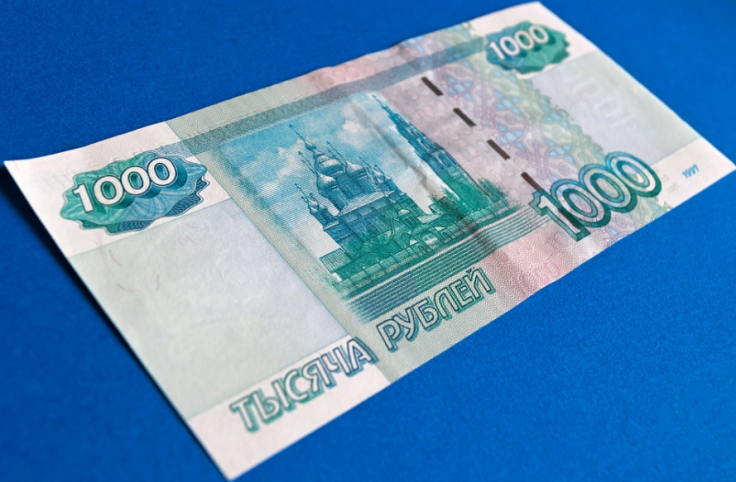
Ukraine War
According to analysts, ruble and the Russian economy in general will see challenges going forward mainly owing to the financial costs of the war in Ukraine. "As long as the war continues it just gets worse for Russia, the Russian economy and the rouble ... Hiking policy rates won't solve anything - they might temporarily slow the pace of depreciation of the rouble at the price of slower real GDP growth - unless the core problem, the war and sanctions are resolved," said Timothy Ash of Bluebay Asset Management, according to Reuters.
"With conflict in Ukraine entrenched, the sanctions grip tight and an ongoing voracious demand for new weapons, there is no easy escape from the economic fallout of the invasion," said Susannah Streeter of Hargreaves Lansdown, according to the Guardian.
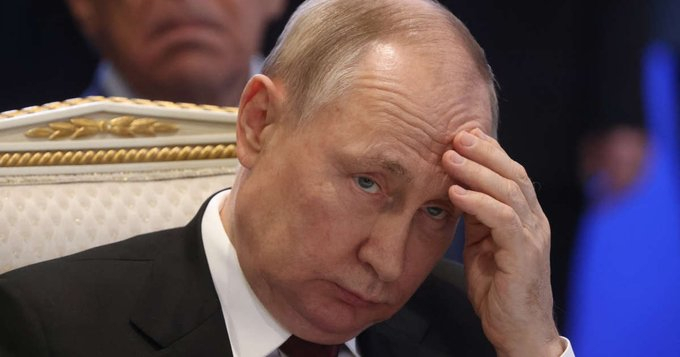
Ruble and Economy
The ruble's drop below 100 against the greenback was the first time since March 2022. At this level, the Russian currency is at its weakest since the early days of the Ukraine war, when it had plunged even lower. However, the Russian currency had recovered strongly in 2022, aided by a strong oil market.
Last week, the Bank of Russia ended foreign currency purchases on the domestic market in order to support the weak ruble. Meanwhile, data showed last week the Russian GDP grew by 4.9 percent year-on-year in the second quarter, beating expectations. This compared with a 1.8% contraction in the first quarter.





